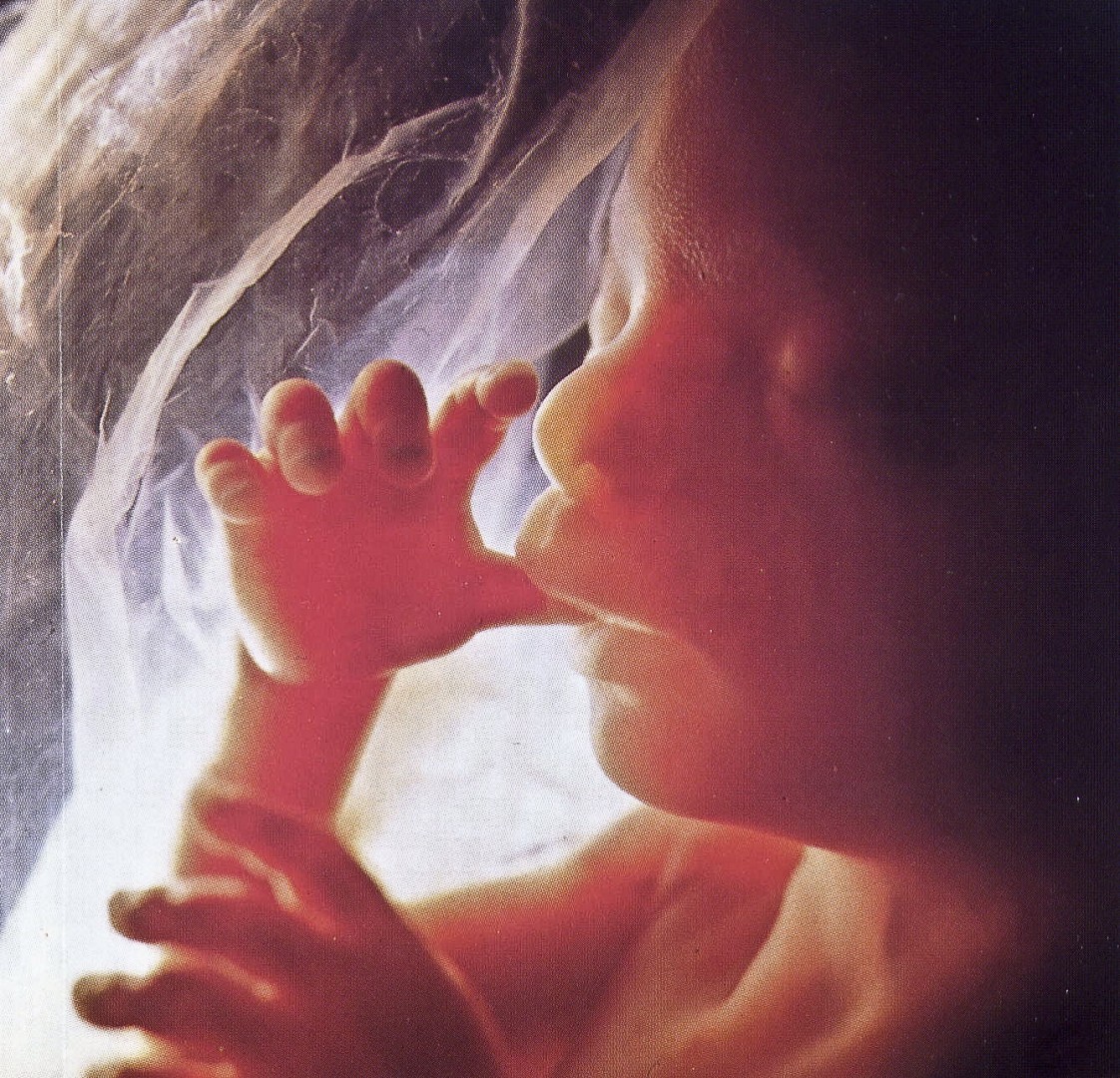The Neurodevelopmental Research Program at DU recently discovered a link between high levels of stress in pregnant mothers and high levels of anxiety and stress in their babies, according to the Director of the program, Elysia Davis.
“The research that I do evaluates the consequences of stress and stress hormones during the fetal period, during the prenatal period and how that influences the developing fetus, infant, child and now adolescent,” said Davis.
According to Davis, while the prospective longitudinal study is still in progress, researchers have already made some surprising discoveries.
“The most consistent finding that we’ve seen across a number of different studies is that women who have higher levels of stress hormones during pregnancy, including higher levels of cortisol, that their babies and children tend to be more reactive in terms of the child’s response to stress,” said Davis.
Stephanie Stout, a graduate student working in the Neurodevelopmental Research Program with Davis made the point that stress isn’t always harmful.
“These studies all seem to focus on the negative effects of stress, but it’s actually really important to recognize that stress is not necessarily a bad thing,” said Stout. “For example, if you are lacking a resource like nutrition, your stress system might respond by enhancing your ability to remember where to find food and suppressing some of the bodily functions that require more energy.”
According to Davis, one such double-edged sword is the stress hormone cortisol.
“Everyone needs cortisol. It’s how we manage challenge and during development it’s important in facilitating maturation of the lungs, other organs and the central nervous system,” said Davis. “The question is, what happens if you have too much? Does that have long term consequences?”
At this point in the study, stress in the womb is having long term consequences says Davis.
“We see persisting influences of the prenatal environment out through childhood, through six to eight years of age, where we’re seeing that these exposures to stress hormones do seem to be having a persisting influence on children’s development,” said Davis.
According to Davis, the study involves recruiting pregnant mothers to participate in the study and then checking in on them regularly to measure psychological characteristics such as anxiety, stress and depression. The study includes interviews to assess any life events that might be stressful and researchers also collect blood and saliva to measure stress responsive hormones.
After the mother gives birth, Davis says the study continues by following the infant and measuring the newborn’s stress and reactiveness. The longitudinal study continues measuring stress hormones in the babies along with their reaction to stressful events. She plans to continue the study as long as her funding from The National Institute of Health allows her to do so and as long as her participants are willing to meet with researchers for testing.
Davis says she’s been working on this line of research for 12 or 13 years, and has worked at DU for almost three years. Davis started her research at the University of California, Irvine, where the first fetal participants in the study are now nearing adolescence.
“We have about 300 families that we’re following that we’ve been seeing since early pregnancy,” said Davis.
Davis and Stout summed up their research findings with suggestions that more attention should be paid to the psychological health of pregnant mothers and that there is still much research to be conducted in regards to the effect of the prenatal environment on a child’s later development.
“We’re used to thinking about nutrition, we’re used to making sure that she isn’t exposed to toxins and that she isn’t taking drugs, but I think that mom’s psychological well-being and stress exposure during the fetal period is also really important,” said Davis.
“If I have learned anything doing this research, it is that who we are is not as simple as those experiences that we can remember. That time we are growing up in the womb is when we get our first glimpse of the environment that we have to prepare to live in, all thanks to mom,” said Stout.











